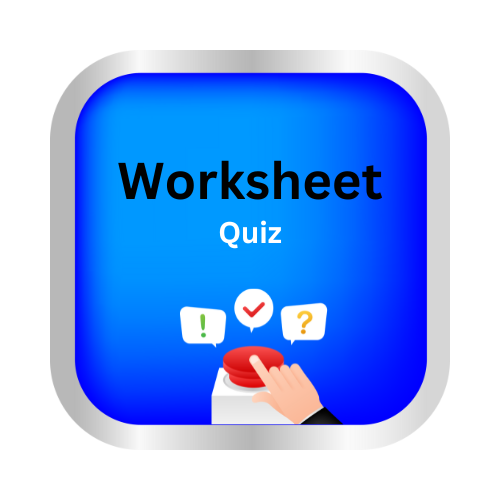Positive and negative connotations
Key Notes :
| What is Connotation? |
Connotation is the feeling or idea that a word makes you think of, in addition to its main dictionary definition. Words can have a positive (good) or negative (bad) connotation. It’s like the extra flavor a word has!
Think of it this way: words are like ice cream. The denotation (dictionary definition) is the flavor (vanilla, chocolate, strawberry). The connotation is like the toppings! Sprinkles make it fun and positive, while something yucky like broccoli would make it negative!
| Positive Connotation |
Words with a positive connotation make you feel good! They often describe things in a favorable or happy way.
Example:
- Word: Brave
- Meaning: Showing courage
- Positive Connotation: Makes you think of heroes and being strong.
Sample Sentence: The brave firefighter rescued the kitten from the tree.
| Negative Connotation |
Words with a negative connotation make you feel bad or uneasy. They describe things in an unfavorable or unhappy way.
Example:
- Word: Afraid
- Meaning: Feeling fear or anxiety
- Negative Connotation: Makes you think of being scared or worried.
Sample Sentence: The afraid child hid behind her mother during the thunderstorm.
| More Examples! |
| Word | Positive Connotation | Negative Connotation |
| Thin | Slender | Skinny |
| Confident | Assured | Conceited |
| Talkative | Chatty | Gabby |
| Why is Connotation Important? |
Connotation is important because it helps us choose the right words to express ourselves! Using words with the right connotation can make our writing and speaking more interesting and clear. It helps us share exactly how we feel.
| Key Takeaways |
- Connotation: The feeling or idea a word gives you.
- Positive: Makes you feel good.
- Negative: Makes you feel bad.
- Choosing the right words with the right connotation helps you express yourself better!
Let’s practice!

